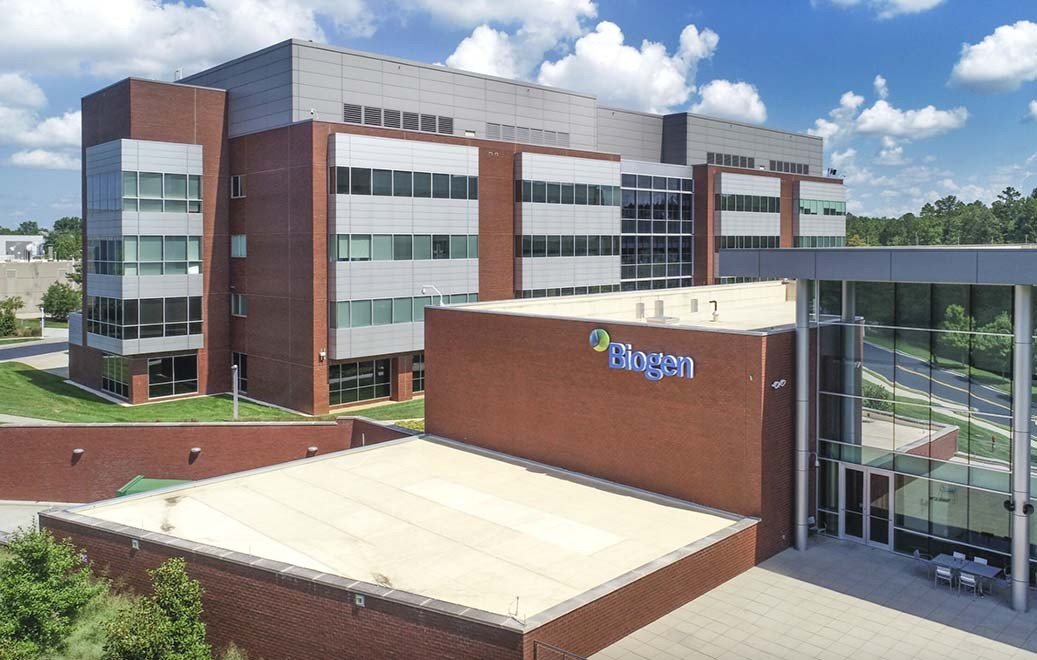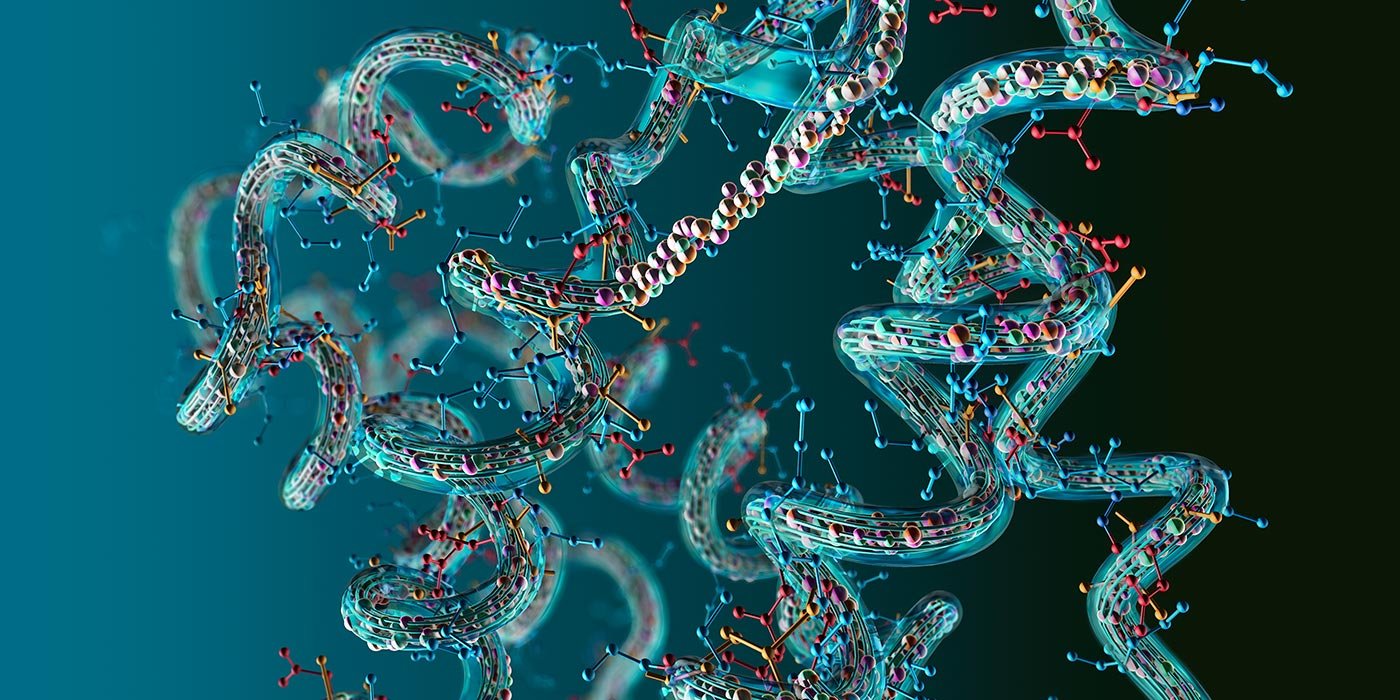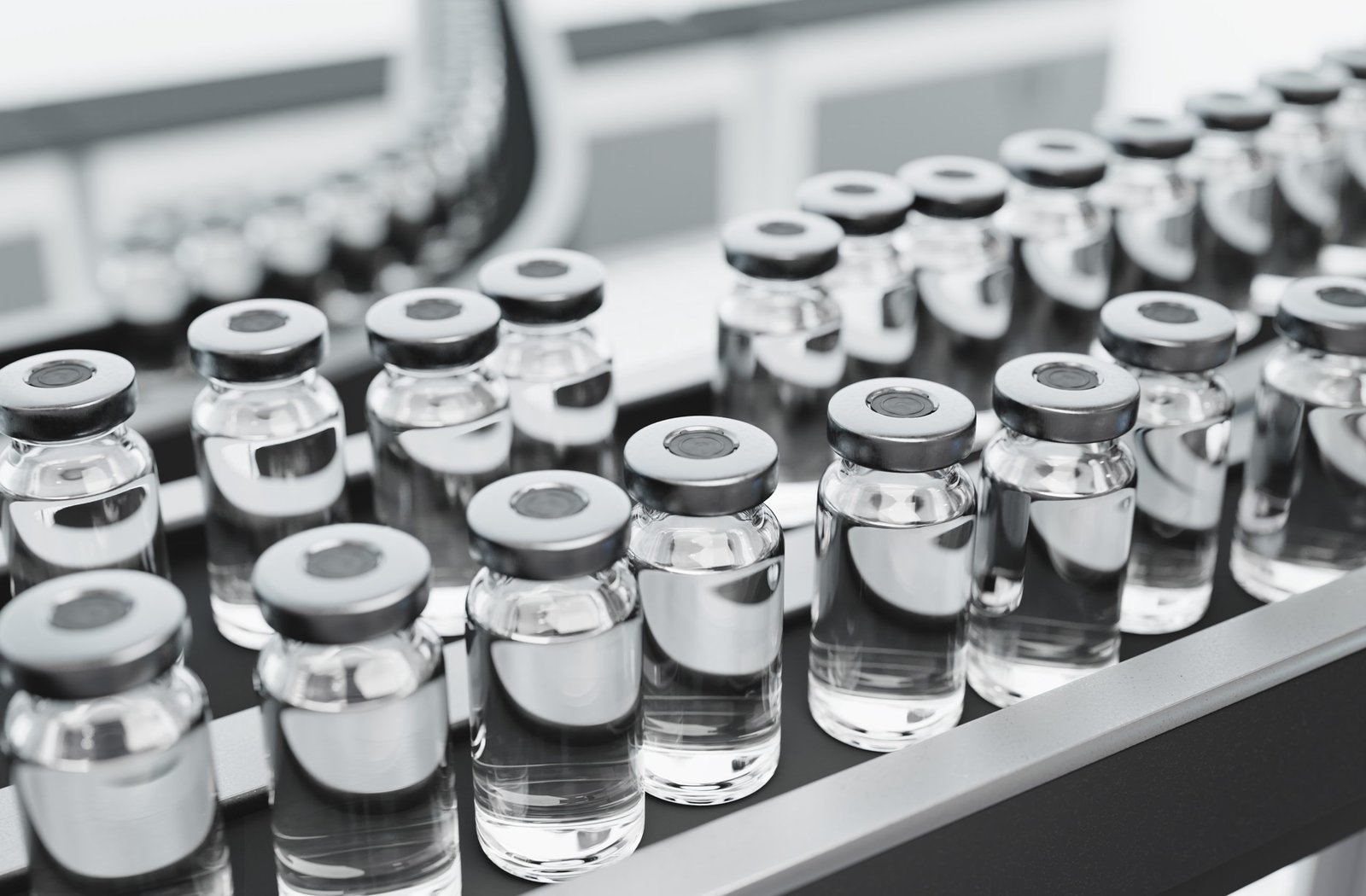Biogen said it intends to invest an additional $2 billion over the next three years to expand operations at its largest manufacturing facilities within North Carolina’s Research Triangle Park (RTP).
The expansion, Biogen stated, will entail additional investment in “multiple” modalities and factories across the company’s two campuses at RTP—where the biotech giant already has seven manufacturing factories and is building an eighth that is expected to begin operation in the second half of this year.
Biogen said it plans to further expand its antisense oligonucleotide (ASO) capabilities and infrastructure, establish clinical and commercial multi-platform fill-finish capabilities, and continue to modernize manufacturing technologies and controls through further advanced automation and artificial intelligence.
“With this investment, we will modernize and expand our manufacturing capability to enable our pipeline and provide resilient patient supply, while continuing to support the skilled and dedicated community of life sciences talent in North Carolina,” Nicole Murphy, head of pharmaceutical operations and technology at Biogen, said in a statement. “Our manufacturing footprint in the United States has played a critical role in Biogen’s history and success, and in advancing the treatments that are making an impact for patients, families, and communities here in the U.S. and around the world.”
The $2 billion expansion—intended to further advance Biogen’s late-stage clinical pipeline—comes on top of the approximately $10 billion Biogen has invested in its North Carolina manufacturing footprint to date.
Biogen offered no estimate of how many additional jobs it would create through the expansion beyond its current RTP-based workforce of more than 1,500 people and more than 400 skilled contractors in Durham and Wake counties.
“While it’s too soon to say how this will impact job growth, it’s a continuation of the approximately $10 billion we’ve invested in RTP over the past 30 years,” Biogen spokesman Dan Haro told GEN.
Pharma, bio campuses
Four of Biogen’s seven existing factories constitute the company’s RTP Pharma campus—one each for antisense oligonucleotide manufacturing, parenteral filling, oral solid dose, and gene therapy manufacturing.
RTP Pharma is Biogen’s main source of supply for many of its clinical and commercial products, including treatments with indications in multiple sclerosis, spinal muscular atrophy, amyotrophic lateral sclerosis (ALS), and Alzheimer’s disease.
Biogen’s other three existing factories constitute its RTP Bio campus, with one factory each focused on flexible volume manufacturing, small-scale manufacturing, and large-scale manufacturing. RTP Bio manufactures a range of clinical and commercial biologic products for indications such as multiple sclerosis, Alzheimer’s disease, and lupus while also enabling the manufacturing of oligonucleotide-based drugs.
RTP Bio has also played what Biogen has termed a crucial role in the company’s partnerships with manufacturing customers. Because of growing demand, Biogen has expanded RTP Bio multiple times to accommodate investment in new manufacturing technologies and larger-scale factories.
In addition to manufacturing, Biogen’s North Carolina campuses include quality control laboratories designed to ensure the safety, efficacy, and purity of the treatments it produces. Biogen says more than 90% of the innovator commercial medicines it produces have manufacturing and quality control testing in the United States.
Outside the United States, Biogen has a smaller manufacturing footprint which supplies certain international markets. In Europe, the company operates one biologics factory in Switzerland and is consolidating certain ex-U.S. fill finish capabilities in Europe into one site in Ireland.
$200B parade of projects
Biogen joins a growing parade of drug and diagnostics developers that have announced more than $200 billion in new and renovated facilities in recent months. Primarily focused on manufacturing, some developers also work with R&D and other operations. The announcements have trickled out in recent months as President Donald Trump’s administration has pressed the industry to make more of its products in the United States, in part by expressing a willingness to impose tariffs on pharma imports—a willingness Trump has restated in recent weeks, saying such levies could come as soon as August 1.
Addressing analysts May 1 on Biogen’s quarterly earnings call after release of first quarter results, president and CEO Christopher A. Viebacher said 75% of the company’s U.S. product revenue last year was attributable to products that were already being manufactured in the United States. “In fact, Biogen actually exports more than we import,” he added.
Biogen finished 2024 with $3.237 billion in U.S. net product revenue, accounting for one-third (33%) of the company’s total $9.676 billion in net product revenue. Biogen generated another $753.8 million in U.S. net product revenue during the first quarter, 31% of its total $1.727 billion in net product revenue
No material impact expected from tariffs
“Biogen currently does not expect a material impact in 2025 from potential tariffs as announced by the U.S. administration on April 2, even if the exemption for pharmaceuticals were to be removed,” Viehbacher said. “This is based on both a significant portion of U.S. revenue being derived from products which have manufacturing operations in the United States as well as our current global inventory position.
Biogen restated that view: “While the U.S. and international tariff landscape remains uncertain, we do not currently expect that Biogen’s 2025 financial outlook will be materially impacted by potential tariffs,” Haro said.
RTP isn’t the only place where Biogen is in expansion mode. In March, Biogen announced plans to consolidate its headquarters operations in Cambridge, MA, by relocating its operations within the city from three buildings to a single building, Kendall Common (75 Broadway).
Biogen has inked a 15-year lease for approximately 580,000 square feet of office and research and development space at Kendall Common, where it plans to integrate its research and development and technical operations teams alongside its global and North American commercial organizations into a co-located innovation hub—thus centralizing the company’s presence in Kendall Square.
The largest of the biopharma commitments to U.S. manufacturing and R&D has been made by Johnson & Johnson, which has promised to invest $55 billion over four years. Other biopharma commitments have been made by Roche ($50 billion over five years), Bristol Myers Squibb ($40 billion over five years), Eli Lilly ($27 billion, plus $23 billion spent since 2020), Novartis ($23 billion over five years), AstraZeneca ($3.5 billion by the end of 2026), Amgen ($1 billion second manufacturing plant in Holly Springs, NC, $900 million expansion in New Albany, OH), and Thermo Fisher Scientific ($2 billion over four years).
Merck & Co. has committed $9 billion, including a $1 billion biologics center of excellence in Wilmington, DE, that has broken ground and a $1 billion vaccine manufacturing facility that has opened in Durham, NC—in addition to $12 billion invested in U.S. manufacturing and R&D projects since 2018.
Regeneron Pharmaceuticals last month joined with contract development and manufacturing organization (CDMO) giant Fujifilm Diosynth Biotechnologies to announce a 10-year, $3 billion-plus manufacturing supply agreement designed to provide U.S.-based production of biologics.
The post Biogen Plans $2B Manufacturing Expansion at Research Triangle Park appeared first on GEN – Genetic Engineering and Biotechnology News.




